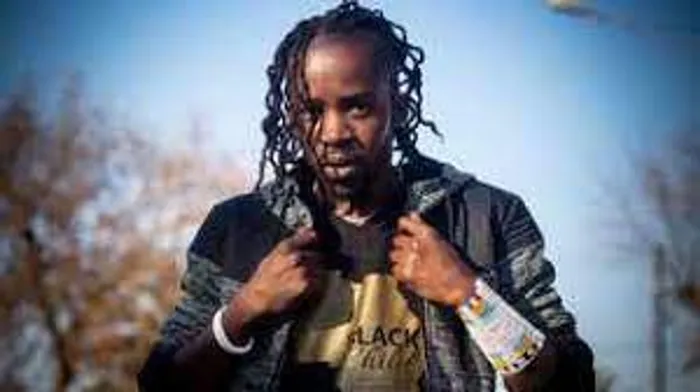#PoeticLicence: Youth unemployment in South Africa is a multi-pronged challenge

Author and poet Rabbie Serumula. File image.
Johannesburg - Sometimes during political manoeuvring, where the government tugs at the heartstrings to sway the masses, lies a glimmer of hope for the struggling youth.
Gauteng Premier, Panyaza Lesufi’s, Nasi iSpani drive suspiciously roared into action, promising thousands of jobs for the desperate youth. Political strings may dance in the air, but lingering in the innuendo of politicking, there lies a truth that cannot be denied — the people will eat.
For the unemployed youth, this is a triumphant moment, it may not reflect on the ballot box, but it is a bread-and-butter issue win, a lifeline of sustenance and opportunity.
Nasi iSpani drive moved up a gear on Thursday as Lesufi announced a string of jobs for youth gathered at Orlando Stadium in Soweto. He said the provincial government would hand out 6 000 new jobs a month until July 2024.
Vote baiting or not, Nasi iSpani will, to some extent, address the United Nations Development Programme’s (UNDP) South Africa National Human Development Report for 2022, which was released on Tuesday and focuses on South Africa’s youth employability.
The UNDP has warned that South Africa’s youth unemployment rate is a potential threat to social stability and could lead to social unrest. Youth unemployment in South Africa is a multi-pronged challenge that limits the earning potential of youth, cripples business growth, threatens social cohesion, and puts pressure on public resources. Unemployment among the youth is currently estimated at 59.6%.
Graduate unemployment has grown from 5.5% in 2013 to 10.6% in 2023. The majority of young people under 24 years of age are not employed and are not seeking employment. As a result, South Africa has the worst youth unemployment among all 33 included countries. This is where the threat to social stability lies, and could lead to a dark chapter such as the July 2021 Unrest, one of South Africa’s most severe episodes of socio-political unrest in recent history.
The nation was left deeply affected by the violent protests, rampant looting, and widespread destruction of private and public properties. The provinces of KwaZulu-Natal and Gauteng were the hardest hit, leaving a lasting scar on a country on the brink of collapse.
115 CEOs from major companies in South Africa acknowledge this, they signed a pledge to help the government address the country’s energy, logistics, and security issues. The pledge aims to address obstacles in economic growth and job creation.
It may be debated whether governments truly create jobs, as South African President, Cyril Ramaphosa candidly acknowledged in his 2022 State of the Nation address. Yet, when the winds of elections draw near, the machinery of change cranks into high gear, aggressive and resolute.
Vote baiting or not, like a symphony of determination, the announcement of 6 000 new jobs each month until July 2024 reverberates through the hearts of the struggling youth. The crescendo of hope rises, and the melody gains strength, resonating with the dreams of families in dilapidated townships and exploding inner cities alike.
#PoeticLicence: Lethukukhanya Mjaji’s smile reminds us of the incredible capacity for joy
#PoeticLicence: We are passing on our brokenness to our sons and daughters
#PoeticLicence: people risk their lives in the relentless pursuit of employment
#PoeticLicence: jobs hold the power to uplift entire families